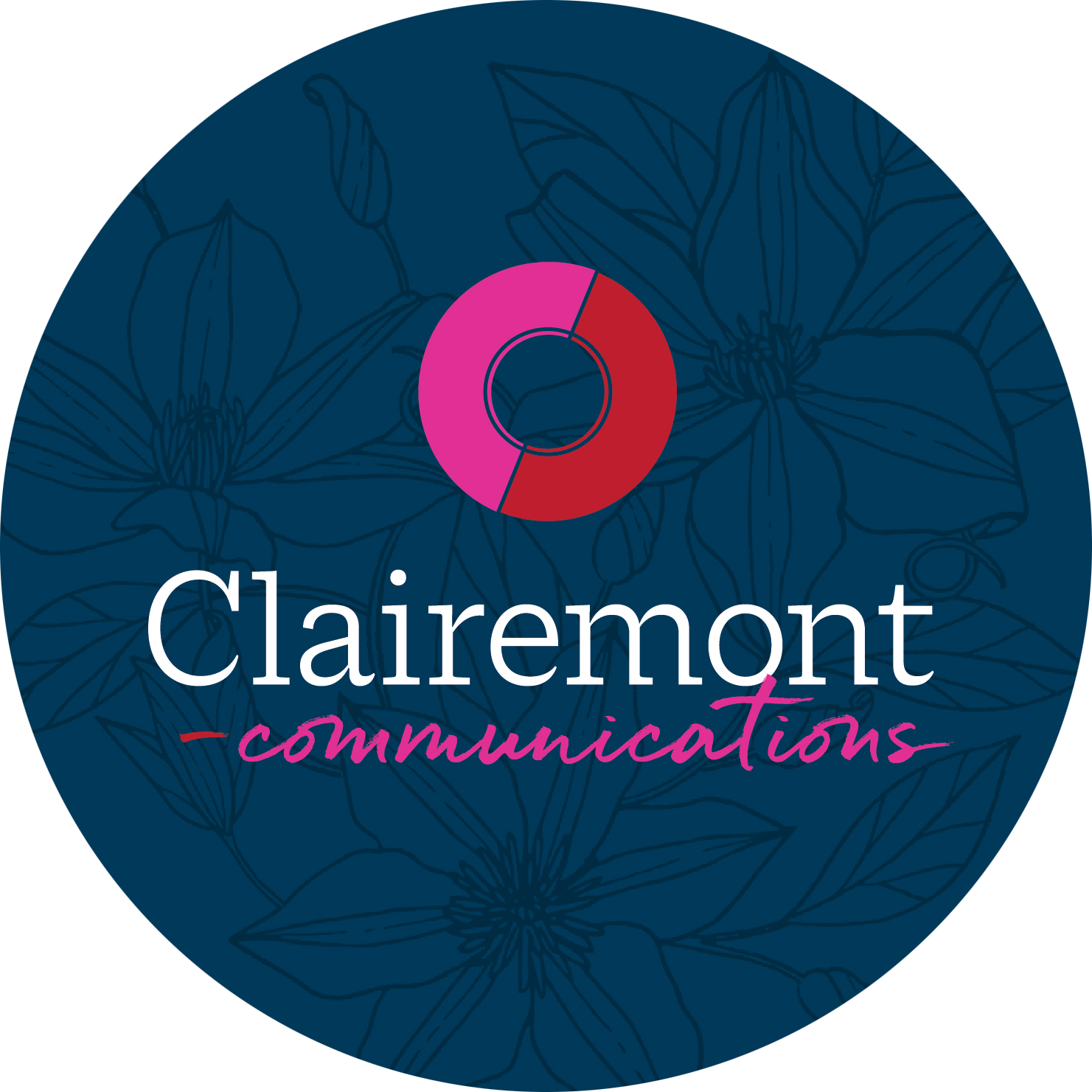Eva Hornak, APR
Job title and function: I’m the communications manager for S.T. Wooten. In a nutshell, we build highways, do commercial site work, and produce asphalt and ready mix concrete. We have approximately 950 employees. We’re also a private, family owned, third-generation led company.
I’m a department of one, so I handle anything related to PR, communications and sometimes marketing. I focus mostly on employee communications and corporate communications. This includes writing the 24-page company magazine three times a year, as well as two monthly newsletters and a benefits newsletter three times a year. I also work on various special projects as needed, such as recruiting materials, PowerPoint presentations, the website, corporate communications, etc. I also oversee the PR firm we hired in 2016 that works on such projects as our social media, blog and trade media relations.
Most rewarding thing about working in PR today: Our employees range from managers with advanced degrees to field employees without a high-school degree. We have employees who can’t read or read very poorly (making it a struggle to take a survey or fill out paperwork). Now – imagine trying to teach that person about health insurance. That stuff is confusing for most people with college degrees! I try to keep most communications written on a sixth-grade level. In the past few years, we’ve really worked on educating our employees about how our benefits help them, and I love it.
Craziest/most challenging thing you’ve done in PR: Produced an event almost single-handedly on a very short timeline. Don’t do that. Get a team. Just stop, take a breath and get a team.
I also survived some very bad bosses. (See the next section for more on that.)
Advice for new PR pros:
1) Explore what’s out there. There are a lot of facets to PR, and you don’t know what job/setting/speciality you might like until you try it.
2) Make connections (within PR and the larger business community) and get a mentor(s). All of my jobs came from connections. All of my trusted peers came from previous jobs, the Raleigh PR Society and NCPRSA. Peers can help you get your next job, and they are your cheerleaders during the good times and your shoulders to cry on during difficult times. They will help shape and defend your reputation. And your good name is everything.
3) Have ethics. See #2 above regarding reputation and good name.
4) Always look for the right match in a job (or a boss). Yes, you’ll have to pay your dues. Yes, you’ll have jobs (or parts of jobs) that you learn are not for you. You’ll even have a job you love that has some tasks you hate. But don’t settle for a place that is a horrible match. Don’t stay somewhere (or with someone) that truly abuses you or actively blocks you from learning anything. Need a gut check? Ask your peers. See #2 above. And never, ever compromise your ethics because a job or a boss tells you to do so. See #3. You can always find another job. Seriously. Do I need to mention #2 again!?
Are you interested in being featured in “PR People?” Send us a message on Facebook to share your story!





